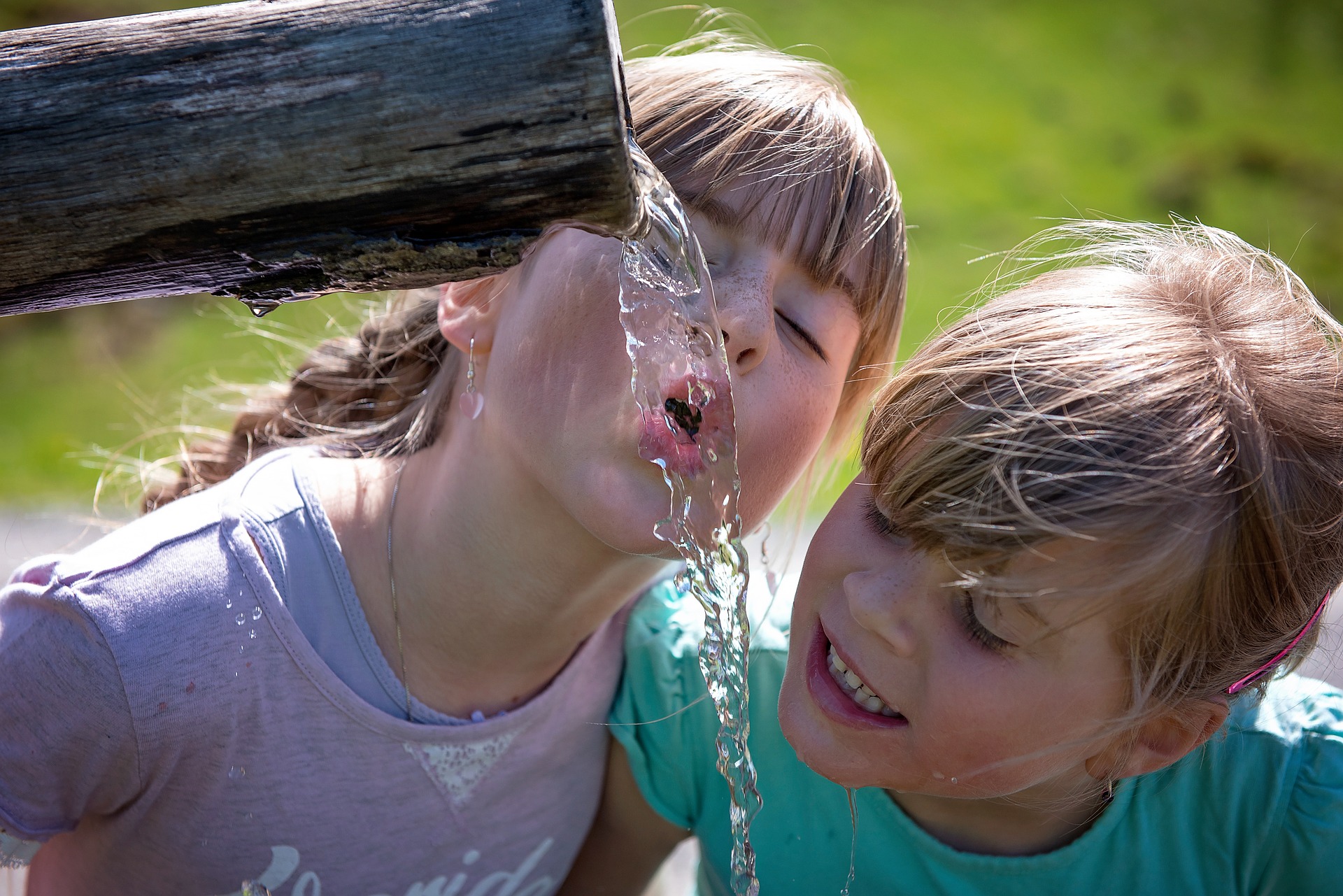Recently the issue of lead in drinking water came to my attention. I was alerted by a post from a colleague of mine on LinkedIn. The article reported the discovery of lead in the drinking water at a Head Start center in Arvada, Colorado last month. The incident was covered extensively by local Denver media. One such reports can be seen on the 9 News site. The incident was addressed and resolved quickly through the collaboration of Jefferson County Public Health and the Head Start center. The incident serves as a reminder that although lead has been prohibited in plumbing for decades, the past can still haunt us as lead can be released from pipes that were installed prior the bans. We discussed this topic this Tuesday, May 24th, in our Health and Safety Coordinators Network conference call. This is a monthly call that is provided by Jeff Stoll Public Health and Environment Consulting as a free service to the Region 8 Head Start Association. Jim Rada, Director of Environmental Health from Jefferson County Public Health, joined us to share how the situation was discovered, and how local public health worked with Head Start and a host of other community partners to rapidly address this issue. A recording of this one-hour discussion with health and safety coordinators can be downloaded from my Early Childhood Health and Safety Resources page. Here are some highlighted points that I took away from the discussion:
- Be aware – Lead can still be an issue in drinking water
- Centers in older facilities should be vigilant – Installation of lead piping and fixtures has been prohibited from construction since the 60s and 70s and use of lead solder has been prohibited since 1986. However, it is possible that lead-containing materials could still have been in use as late as the mid-1990s. Health and safety coordinators should consider this as a possibility for their older facilities and assess those situations.
- Emergency preparedness planning is important – Incidents such as the one recounted here are a testimony to the importance of good emergency preparedness planning at the center level for childcare centers. It is also important to consider the unique aspects of childcare operations in statewide and regional emergency preparedness planning.
- Get to know your local public health agency – Local public health agencies are an important partner for childcare health and safety coordinators. It is important to have a close relationship with local public health officials as they are well trained and equipped to address health emergencies at the center as well as community level. Local public health agencies also have connections with other community emergency response systems through their own public health emergency preparedness and response functions. For more information about local public health agencies visit the National Association of City and County Health Officials website.
If you have questions regarding the level of lead exposure risk for your center, home or other environments, call Jeff Stoll Public Health and Environment Consulting for a free consultation.






Leave A Comment